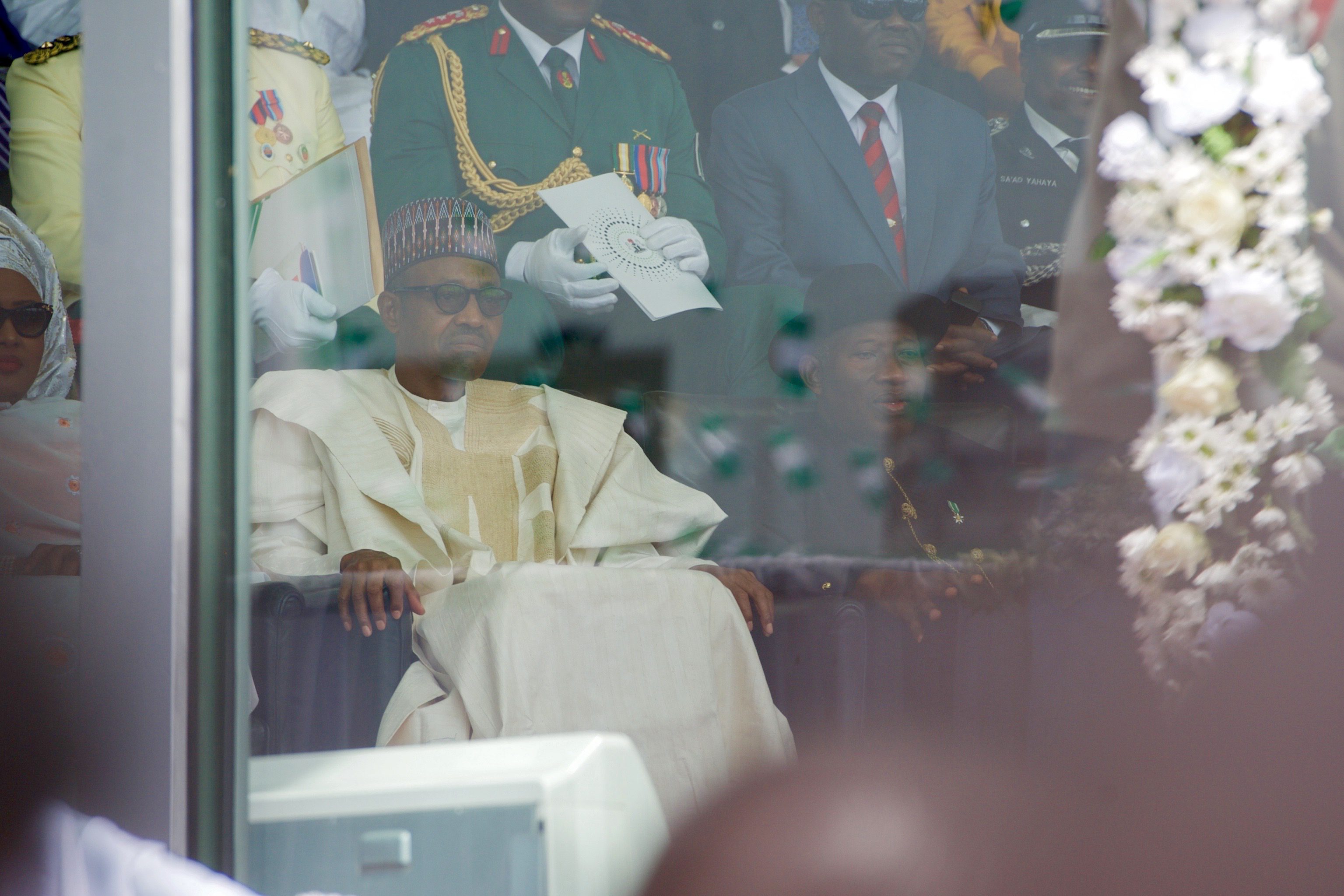The Socioeconomic Rights and Accountability Project (SERAP) recently gave a seven-day ultimatum to top public officials in Nigeria, including President Muhammadu Buhari, to publicly declare their assets. The presidency has however failed to comply with this provision claiming the declaration of assets is not mandated by law. Respectfully, though, the President’s claim is baseless. Public officials should comply by declaring their assets to the Code of Conduct Bureau. The Freedom of Information Act (FoIA) corroborates this and even went further by providing the Nigerian public, every right to access such declaration. But this does not seem to be the case in recent weeks.
For a government that came into office on the promise to fight corruption, there is no better way to walk that talk than being transparent, i.e., by following SERAP’s guidelines. Moreover, Buhari vowed to make public his assets during the 2015 election campaigns. His reluctance to comply with this SERAP provision, however, raises questions about his much-acclaimed ‘integrity’ principle.
The 2019 Corruption Perception Index revealed that Nigeria is among the most corrupt countries on earth. This classification is, of course, connected to the lack of transparency in governance, particularly in the public declaration of assets prior to, and after taking over office.
It is difficult to suspect if a public officer has used his or her office to unjustly amass wealth without having a public record of such wealth, which is the primary problem here. One can still draw an example from the embarrassing case against former petroleum minister, Diezani Alison Madueke, who currently faces multiple corruption charges that have led to the forfeiture of some of her highly-priced assets. Her case is one among many high-profile corruption cases linked to false asset declarations. The public declaration of assets, on the other hand, is created to ensure such things do not happen again. More importantly, it will encourage the public to hold the government accountable at all times.
On its own end, though, the Code of Conduct Bureau should make the declarations made by public officers accessible to the public as provided in section 1 of the FoIA. But while it is important for judicial agencies and ordinary Nigerians to continue agitating for compliance with this provision, public officers need not wait until they are coerced before doing the right thing.
Daniel Whyte is a graduate of English and Literary Studies, a communication practitioner and journalist. He is a Future News Worldwide 2019 Fellow with British Council Scotland and can be reached on Twitter via @DanWhyte.
Photo Credit: US Department of State

